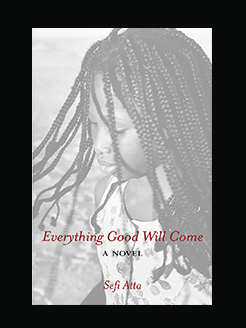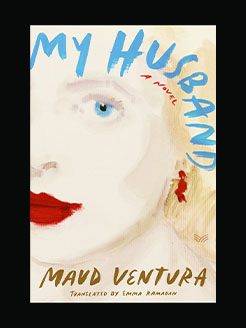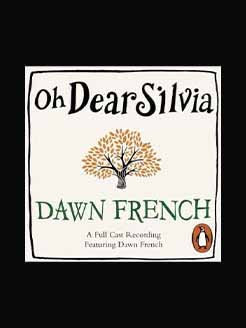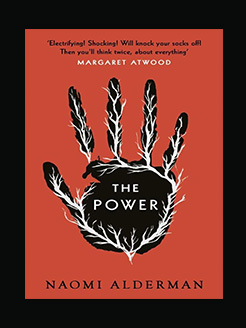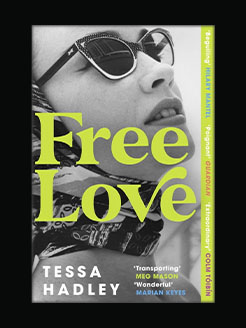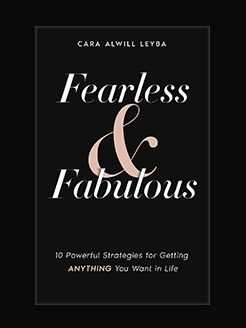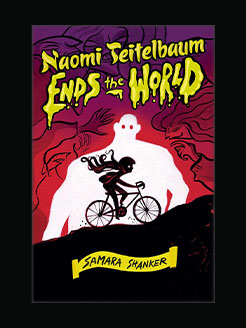Published in 2011
270 pages
Lori Marso is Professor of Political Science and former director of Gender, Sexuality, and Women’s Studies at Union College in Schenectady, New York USA. She has published widely in feminist and political theory. Recent books include Feminist Thinkers and the Demands of Femininity; a co-edited volume, Gender, Power, and Politics in the Films of Lars von Trier; and a book on Simone de Beauvoir, Politics with Beauvoir: Freedom in the Encounter.
What is this book about?
The feminist thinkers in this collection are the designated fifty-one key feminist thinkers, historical and contemporary, and also the authors of the entries. Collected here are fifty-one key thinkers and fifty-one authors, recognizing that women are fifty-one percent of the population. There are actually one hundred and two thinkers collected in these pages, as each author is a feminist thinker, too: scholars, writers, poets, and activists, well-established and emerging, old and young and in-between. These feminists speak the languages of art, politics, literature, education, classics, gender studies, film, queer theory, global affairs, political theory, science fiction, African American studies, sociology, American studies, geography, history, philosophy, poetry, and psychoanalysis. Speaking in all these diverse tongues, conversations made possible by feminist thinking are introduced and engaged.
Key figures include:
Simone de Beauvoir, Doris Lessing, Toni Morrison, Cindy Sherman, Octavia Butler, Marina Warner, Elizabeth Cady Stanton, Chantal Akerman, Betty Friedan Audre Lorde, Margaret Fuller, Sappho, and Adrienne Rich. Each entry is supported by a list of the thinker’s major works, along with further reading suggestions. An ideal resource for students and academics alike, this text will appeal to all those interested in the fields of gender studies, women’s studies and women’s history and politics.
helpful review from goodreads by Alisa Cupecakeland:
It’s a good book to get a general vision of some feminist thinkers. However, I had some issues with it:
a) It covers more the biography of these thinkers instead of their ideas.
b) It mostly cover thinkers from United States and Europe. In fact, now that I think more deeply about it I think it only covers those two regions.
c) Since each thinker is written from the perspective of a different author, some of the chapters were clearly organized and enjoyable, and some were too hard to read for a book that is meant to be an introduction to feminism.

